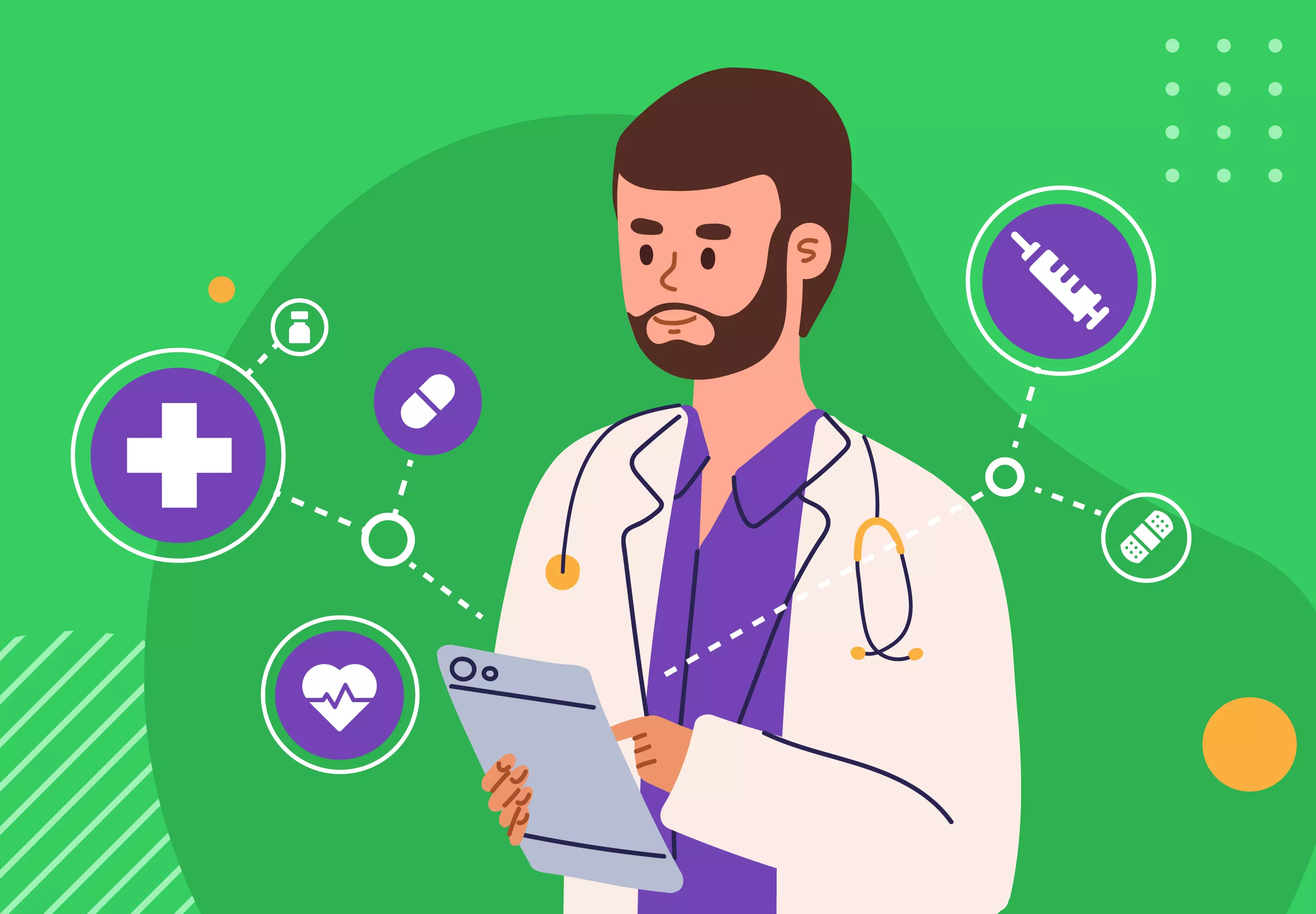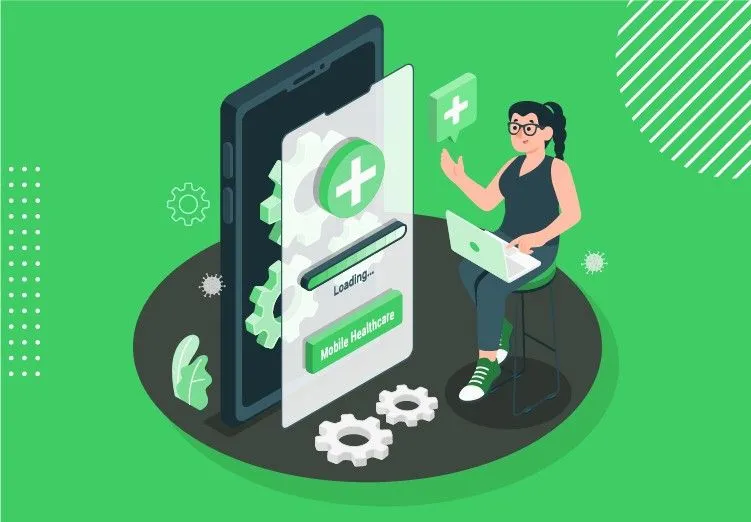Artificial Intelligence in Healthcare: a Threat or an Opportunity for Doctors?
Table of contents
- Medicine and Deep Learning. How did your team come up with the idea to combine them?
- Solution, Buzzwords, and Investors. What’s your contribution to the project?
- Healthcare and Investors. Does the medical industry attract investors as much as AI and deep learning tech?
- Competitive Differentiators. Which key advantages of your team would you mention?
- AI and Humans. As you are giving lectures about using AI in ultrasound imaging, could you please share your predictions on the AI’s role in medicine?
- AI and Healthcare. Besides ultrasound diagnostics, where else can AI be helpful?
AI has broken the Healthcare market — is it time for physicians to worry about their worth? What are the key challenges for those who strive to deliver a solution related to medicine? Why are investors indifferent to the solution’s importance?
As Emerline is deeply involved in the AI sector and Healthcare products, we couldn’t miss a chance to talk about all these topical issues with one of the Ligence’s founders, Dovydas Matuliauskas.
The Ligence team uses deep learning algorithms for creating a tool aimed to simplify echocardiography analysis. They are already the winners of multiple startup contests, including the online Silicon Valley competition. A strong medical background allows the team to work on the solution beneficial for cardiologists worldwide.

Medicine and Deep Learning. How did your team come up with the idea to combine them?
Our CEO, Arnas Karužas, is a cardiologist and performs ultrasound examinations of hearts daily. He saw the potential of the tool for automating and simplifying echocardiography analysis and discussed it with Karolis Šablauskas (currently CTO at Ligence) who is a medical doctor as well and has much experience in deep learning.
The idea turned into the implementation — they started from the validation of medical images with deep learning algorithms. The results appeared to be feasible to produce the AI tool for cardiologists.
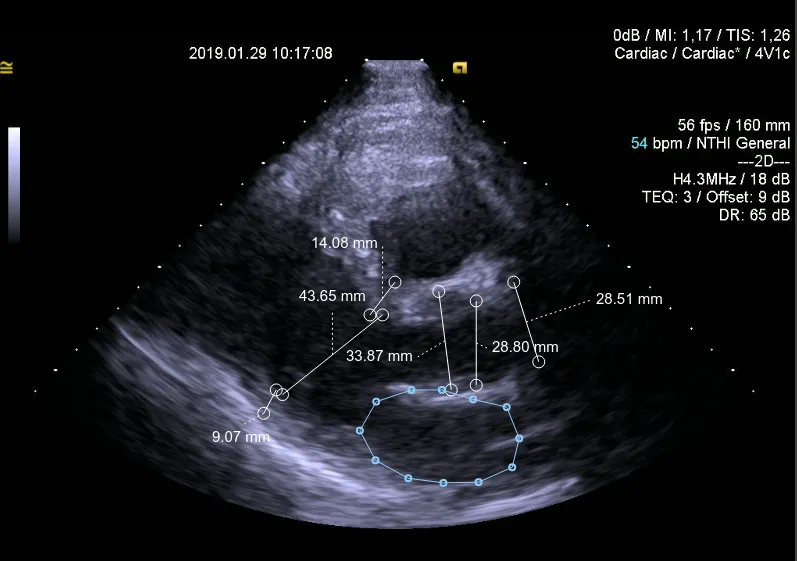
Solution, Buzzwords, and Investors. What’s your contribution to the project?
My focus is fundraising and business development. I research the market and make financial calculations for our investors. These are the crucial points — investors do care about the value the product will bring rather than about its functionality, so I concentrate on its financial potential in the nearest future.
Artificial intelligence and deep learning are those keywords the investors find attractive, especially in combination with the Healthcare industry. There are few startups that use deep learning for medical purposes; therefore, it seems a new emerging field investors are actively looking for.

Healthcare and Investors. Does the medical industry attract investors as much as AI and deep learning tech?
The answer is ‘yes and no’. On the one hand, it’s hard to find specialists who have enough experience in healthtech. Investors intend to have a healthtech company in their portfolio; that may bring them fortune in the future.
On the other hand, healthtech products will inevitably imply lots of regulations and trials to come before entering the market. All startups dealing with deep learning and healthtech should remember that you’ll win if you are the first to present your product with a mark. The main challenge in the medical field is time, so the quick start of trials really matters.
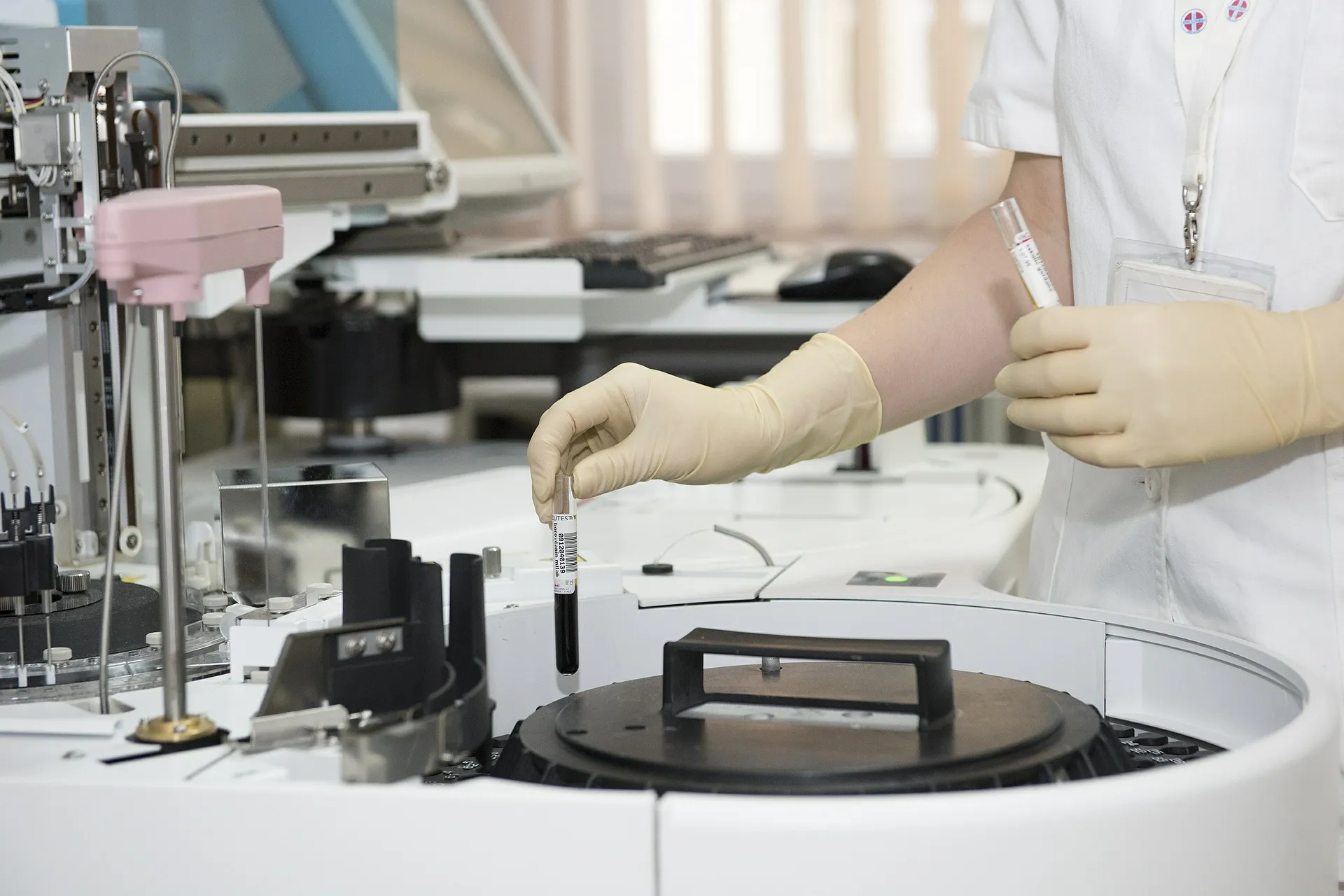
Competitive Differentiators. Which key advantages of your team would you mention?
We all have the medical background, which helps us feel confident about the solution and its value for physicians and patients. In my humble opinion, you can’t launch a healthtech startup without ever getting your foot in a hospital.
Also, one of our team members is a professor from Lithuanian University of Health Sciences Kaunas Clinics who acts as an advisor. Having an in-house field specialist is a plus as it gives more credibility to our team.

AI and Humans. As you are giving lectures about using AI in ultrasound imaging, could you please share your predictions on the AI’s role in medicine?
First, I’ll unveil the most common fear — AI is NOT emerging as a tool that will kick away all doctors from their positions. Artificial intelligence is an ultimate instrument in decision support. AI will definitely make healthcare more accessible to everyone.
I see a perfect tandem of physicians and machines that will let us come up with tailor-made decisions. AI surpasses the problem of human errors, as doctors might overlook something while AI gives more attention to the details that a human eye misses.
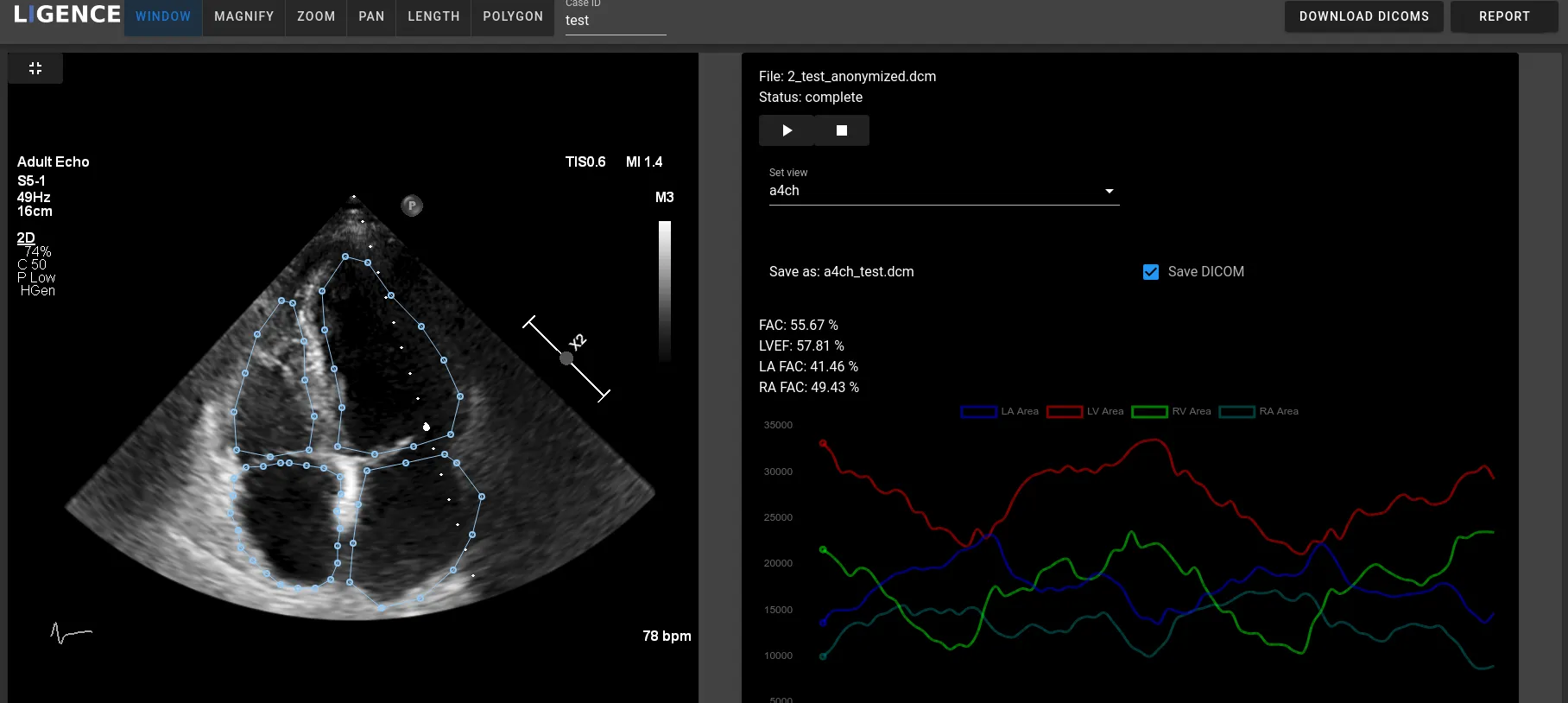
Specifically, our AI solution provides high performance and accuracy of the examination results. Anyway, a professional specialist is always a 100% gold standard. AI tech is meant to diminish inter-operator variability and reach impressively high accuracy.
AI and Healthcare. Besides ultrasound diagnostics, where else can AI be helpful?
AI is largely incorporated into radiology, especially X-ray examinations, computed tomography, magnetic resonance imaging… AI is gaining much ground in personalized medicine — I’m talking about wearable devices, like Apple Watch, Fitbit, and others focused on monitoring your biometric digits and body parameters and then telling the physicians whether there is something wrong with your well-being.
Another field is dermatology where computer vision algorithms have great promise to recognize abnormalities by evaluating color, shape, and patterns.
Generally, AI is the future of imaging, and our team will leverage its potential for the current and future healthtech products.
Published on May 1, 2023


